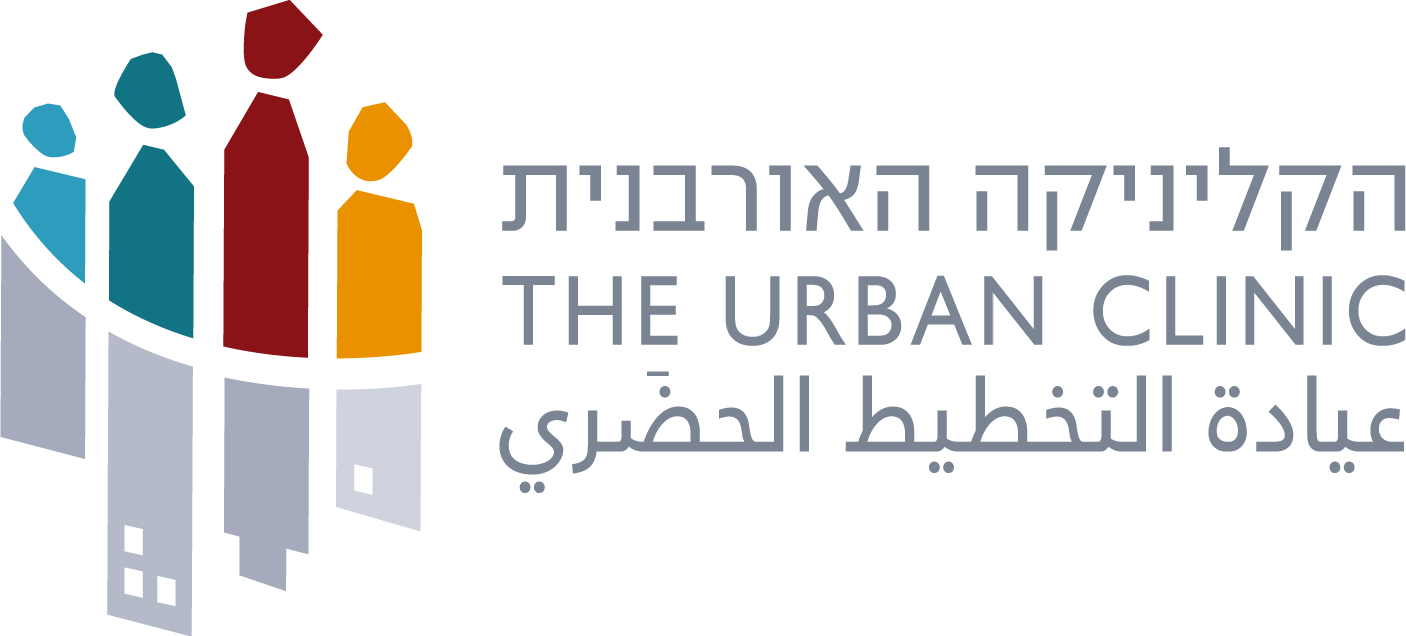
Author: Galya Globerman
The trips bring together Clinic students and staff, friends and peers to walk and learn, using all our senses as we explore landscapes, communities, and unsung stories of the places each of us calls home.
Ma'alul is not just a place; it’s an idea, a people, a memory, a dream. Ma'alul was an Arab village in the Galilee prior to the War of 1948, when it was largely demolished - along with hundreds of others. Descendants of the Christian and Muslim Palestinian residents are now dispersed through neighboring towns such as Nazareth and Yafia, and come together annually in Ma'alul to visit and tend the remains, including the cemetery, two churches, and a mosque.

Ma’alul’s mosque. (Credit: Ismail Salah)
Attorney Ameer Bisharat, a Clinic scholar whose family is originally from Ma’alul, invited the Urban Clinic to visit and together learn the story of Ma’alul. Ameer asked village elder Mahmoud Ali to tell us about the rich and painful history, and the strong social and ideological ties among the families of the original residents over the years. Together they recounted the deep connection to the land, the unusually strong social relations among Christian and Muslim neighbors, and the sense of mourning and frustration following their long exodus. Clinic scholar attorney Myssana Morany explained the legal framework by which Israel manages the lands of internally displaced people (IDPs), with examples from international law in other situations abroad.

Ameer Bisharat. (Credit: Galya Globerman)
Decades after being uprooted, former villagers and their descendants return once a year to gather, repair, and commemorate their past and shared present. Ameer explained that although his family was well received by Palestinians in the neighboring Yafia, he still experiences a sense of non-belonging – his dream is to become Mayor of Yafia and from there, lead his community to repopulate their homes in Ma’alul.

Mahmoud Ali telling the group about the community and Ma’alul’s history. Credit: Tharaa Kirresh

Myssana Morany. Credit: Galya Globerman
Ma'alul is one of an estimated nearly 500 other uprooted Palestinian villages, and here as in many other cases, much of the land remains unbuilt. Given the severe lack of land for housing in Arab towns in Israel, several participants raised the potential for redevelopment of the site, noting favorable factors such as the proximity to a major road (highway 75) and a nearby town (Yafia), and the well-organized community of descendants. But redevelopment of ‘absentee ownership’ land is a highly contentious topic across the political spectrum in Israel. Clinic members’ responses ranged from ideological support to opposition, including pragmatic or opportunistic ad hoc solutions.

Credit: Tharaa Kirresh
The Urban Clinic trip to Ma’alul was an extraordinary opportunity to reflect on these questions from various perspectives. Palestinian Israeli Clinic scholars commented after in the WhatsApp group that this was ‘an emotionally difficult trip’, but that it was ‘important to have a conversation about the Naqba with Jewish peers, and with the East Jerusalem Palestinians.’ Several East Jerusalem Clinic students noted that they hadn’t known much about this part of Palestinian history, or the distresses suffered by their fellow students. As a Jewish Israeli student, I was saddened to hear about the story of Ma’alul, especially from my dear colleagues, and with that, I also felt hope for a brighter future.

